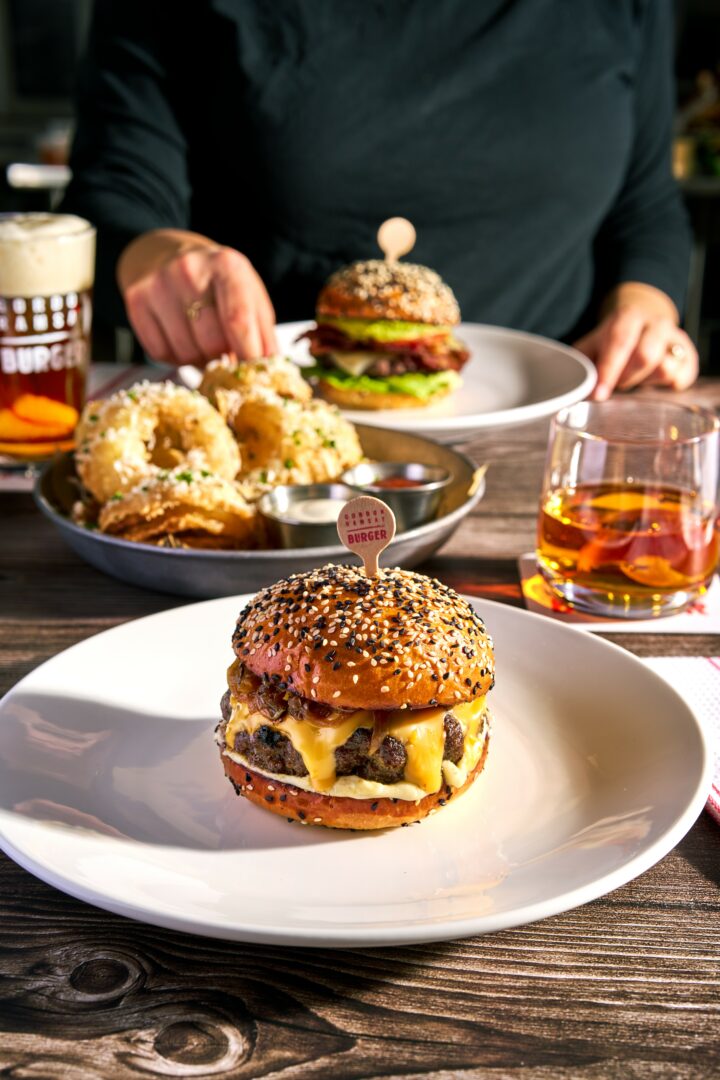We were lucky to catch up with Sean Strong recently and have shared our conversation below.
Sean, so great to be with you and I think a lot of folks are going to benefit from hearing your story and lessons and wisdom. Imposter Syndrome is something that we know how words to describe, but it’s something that has held people back forever and so we’re really interested to hear about your story and how you overcame imposter syndrome.
How did you overcome Imposter Syndrome
Living with imposter syndrome as a creative is incredibly common. Logically you’d think that it gets easier over time, but for me, sometimes it just gets harder. Ideally the further I get into my career, the more evidence I should have (through solid work and positive feedback) that I do, in fact, have a great creative mind. That I’m not just some imposter stumbling through projects and getting lucky. Often though, it’s hard to see the forest through the trees. So how have I dealt with feeling like an imposter from time to time through my career?
Reach Out to Other Creatives
Getting feedback from other creative professionals is a great way to validate the things I’m doing well. I look to others in my field or other creative fields that inspire me or someone I think produces stellar work.
This does put you in a bit of a vulnerable spot… handing off work to be critiqued and inspected with a magnifying glass. Chances are they’ll see some things that can be improved on, and that’s okay, but there is an good chance that they’ll also see how awesome the piece is and provide some affirmation that can sometimes be hard to find on my own.
Stop Comparing Yourself to Others
I know we hear this a lot as creatives, but it’s so true. There will ALWAYS be someone more creative than me. Someone that is working on cooler projects with cooler clients… but another person’s success doesn’t invalidate all the great things I’ve achieved myself.
It’s easy to fall into the trap of looking at something cool someone has done and wondering why I’m not good enough to create that myself. I instead like to look at it as an opportunity to continue growing as a creative. I draw inspiration from other creatives doing awesome things and figure out how to use that as fuel for my own projects. How can I use that technique or adapt that style to better my own portfolio.
Look at the Evidence
The truth is, no one get’s lucky all that much. If you are successful then it’s a product of good quality pieces and hard work. I try take an objective look at my portfolio, take the ones I’m most proud of, and ask:
Was this effective? Does it look good to me? Does it represent the product or service? And potentially the most important question: Was the client happy with it?
No one is going to hit it out of the park 100% of the time, but if my work ticks most of those boxes, then I know I’m creating things to be proud of. I use this data to validate myself, because it’s hard to argue with the facts.
Overcoming imposter syndrome isn’t about eliminating self-doubt—it’s about learning to work alongside it. By seeking constructive feedback, resisting unhealthy comparisons, and grounding myself in the evidence of my work, I’ve learned to see those nagging thoughts not as proof that I don’t belong, but as reminders to keep growing. At the end of the day, my track record speaks louder than my inner critic—and yours can, too
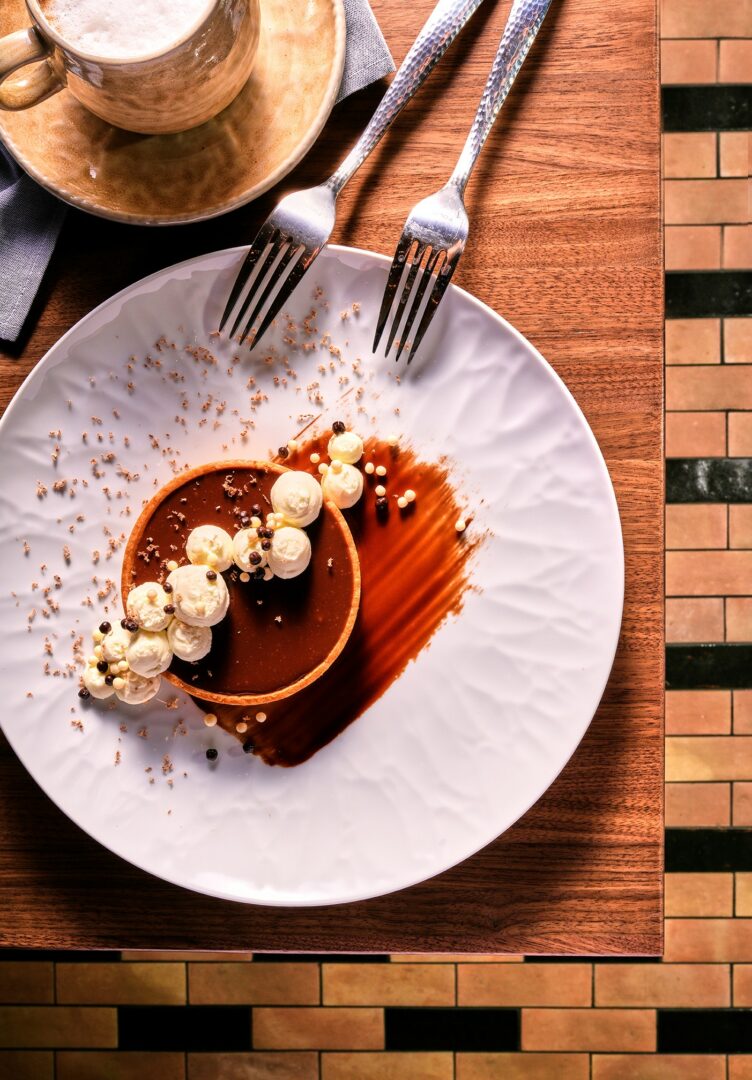
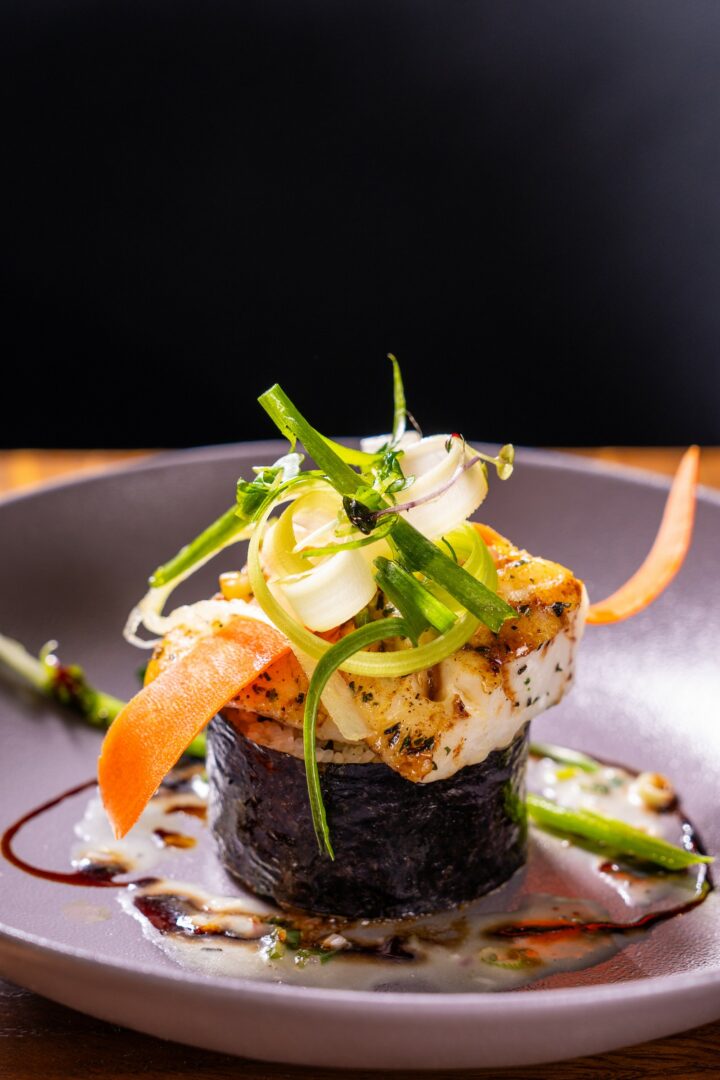
Appreciate the insights and wisdom. Before we dig deeper and ask you about the skills that matter and more, maybe you can tell our readers about yourself?
I work daily as an art director within a marketing team here in Dallas, TX. I’ve been in the creative field for about 13 years now, and about 5 years in to my career as a designer/art director I found a passion for photography. I started out with basic portraiture, bugging my wife a few times a week to be a test model while I learned the technical aspects of photography and lighting. Here I am another 7 years or so later still in love with the creative fulfillment that photography gives me. These days I run a freelance photography business focusing mainly on lifestyle and commercial food photography where I’ve really found my footing.
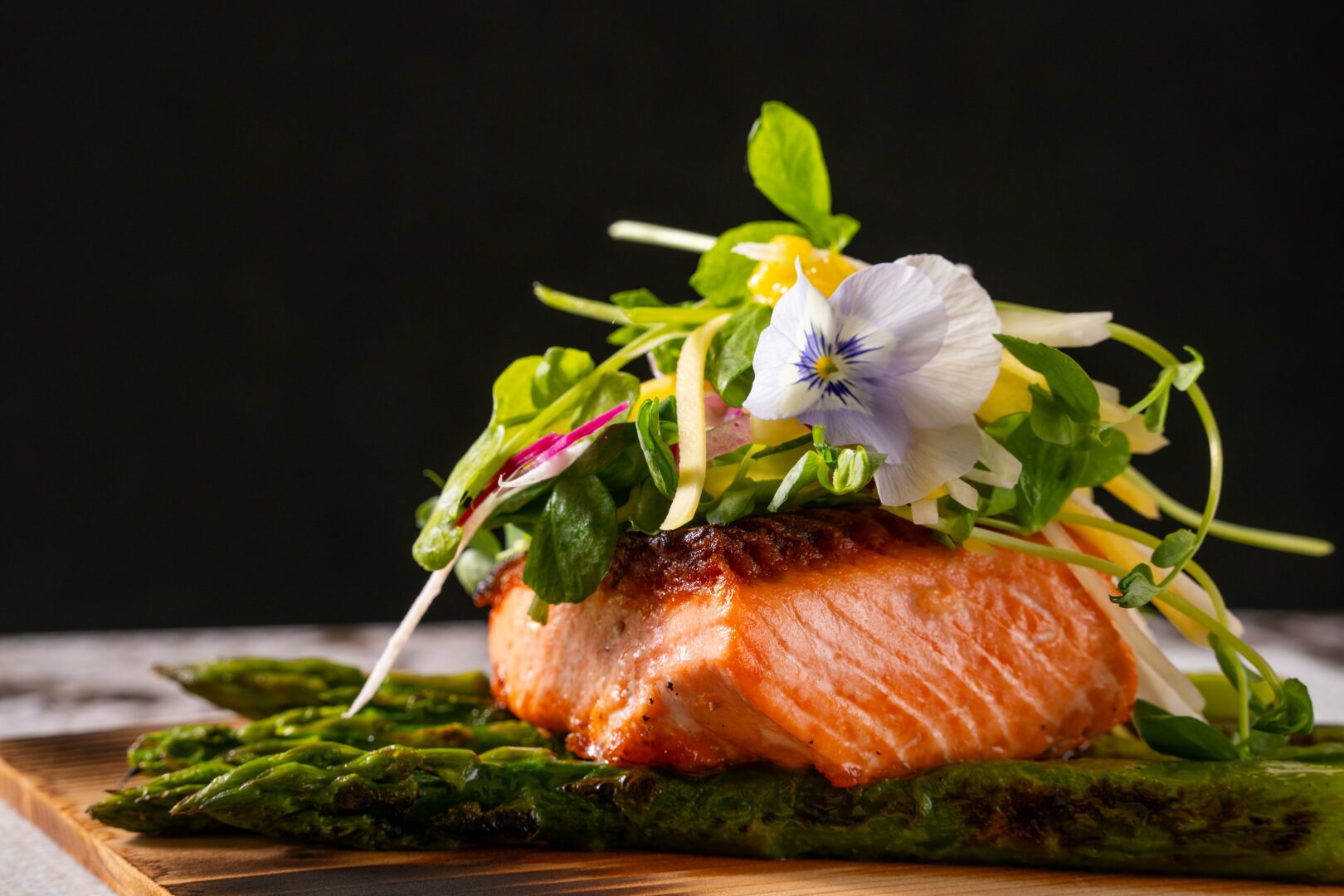
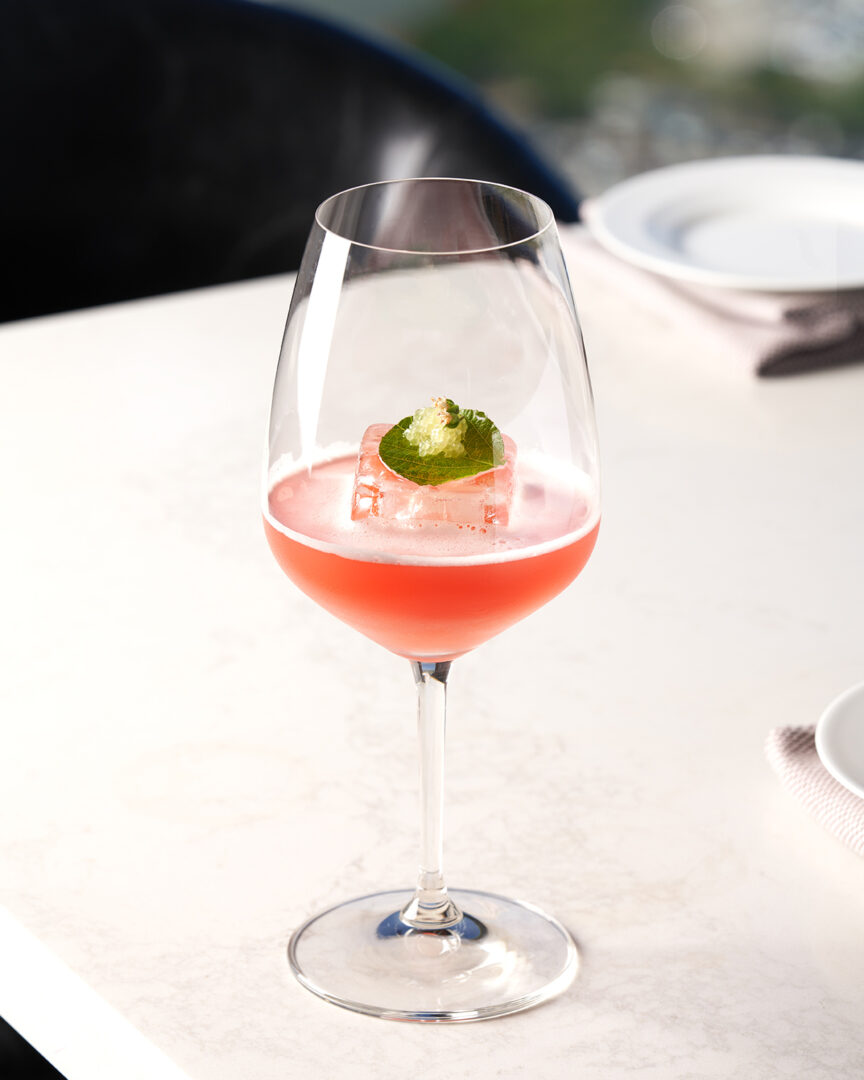
Looking back, what do you think were the three qualities, skills, or areas of knowledge that were most impactful in your journey? What advice do you have for folks who are early in their journey in terms of how they can best develop or improve on these?
Looking back at where I started I think the three most important aspects of growth for me were:
Repetition;
I think to get really good at anything just takes a lot of hours put into it. Just a sheer volume of repetition, practice and figuring out how things work. This takes a lot of work ethic and really knowing how to not burn yourself out, but is essential if you want to become an expert in anything.
Research:
You can only get so far on your own through trial and error. Eventually you’ll be roadblocked by what limited knowledge you have. Do some research, training, classes, watch youtube videos… anything looking for more information. So many others have done all the hard work of figuring out all the questions you have. You just have to look for the answers.
Constantly be in search of that little nugget of something new that you didn’t know. I can’t tell you how many books or YouTube videos I’ve gone through that tell me 98% the same thing as the one before it, but that the collection of 2% new information builds up and makes it worth it.
Find Inspiration
Follow artists that inspire you and drive you to create cool things. We all get creative blocks, but finding ways to be inspired and motivated can help keep you moving forward and progressing towards becoming better.
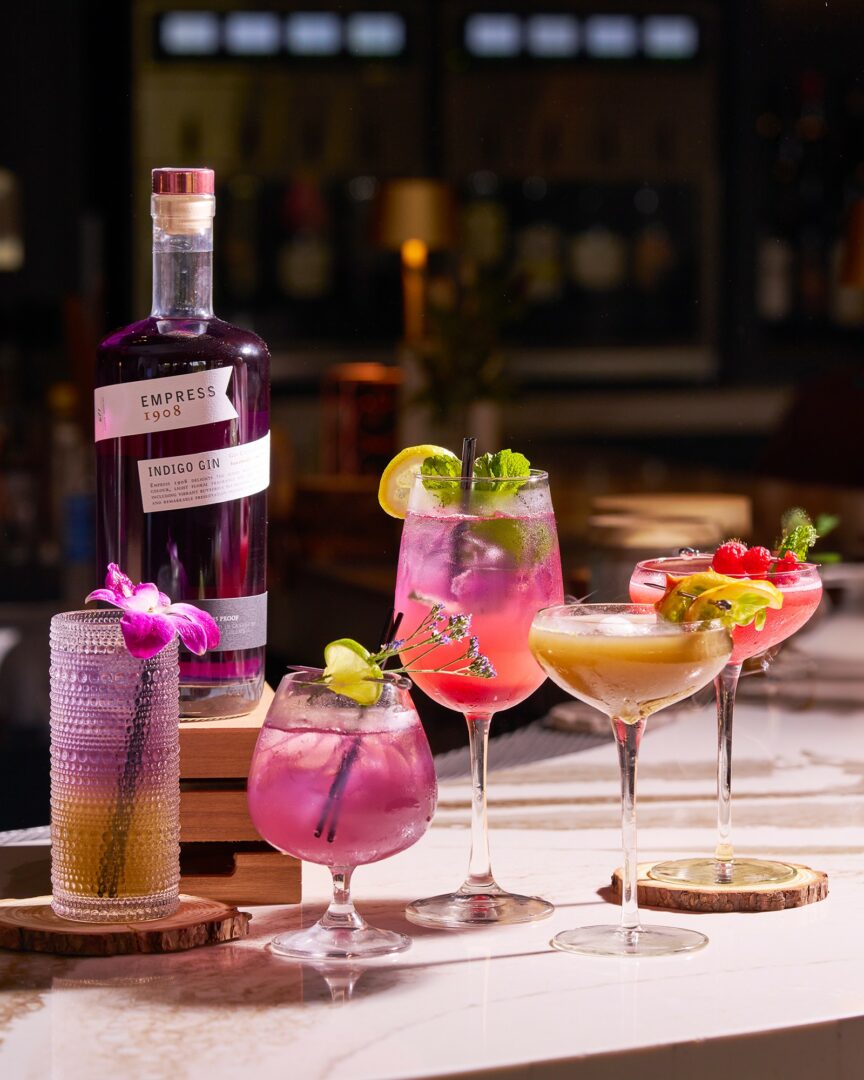
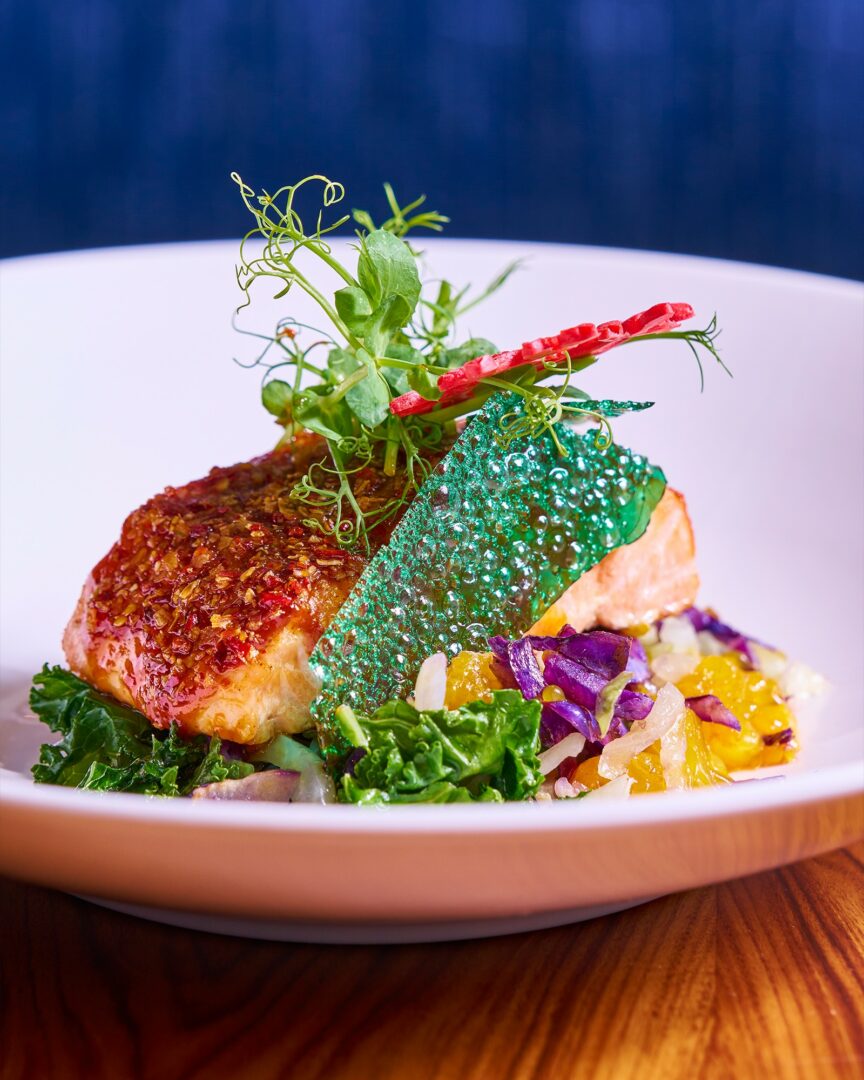
Alright so to wrap up, who deserves credit for helping you overcome challenges or build some of the essential skills you’ve needed?
My wife has, by far, been the most helpful person in my journey to build my skillets and business. From being understanding as we went into debt buying camera equipment starting out, to serving as an awesome assistant on client paid photoshoots later on as we started to become more successful, she’s been supportive in any way she can the whole way.
Contact Info:
- Website: https://Strongphotography.net
- Instagram: https://www.instagram.com/strong_food_photos/
- Linkedin: https://www.linkedin.com/in/seanstrong92/
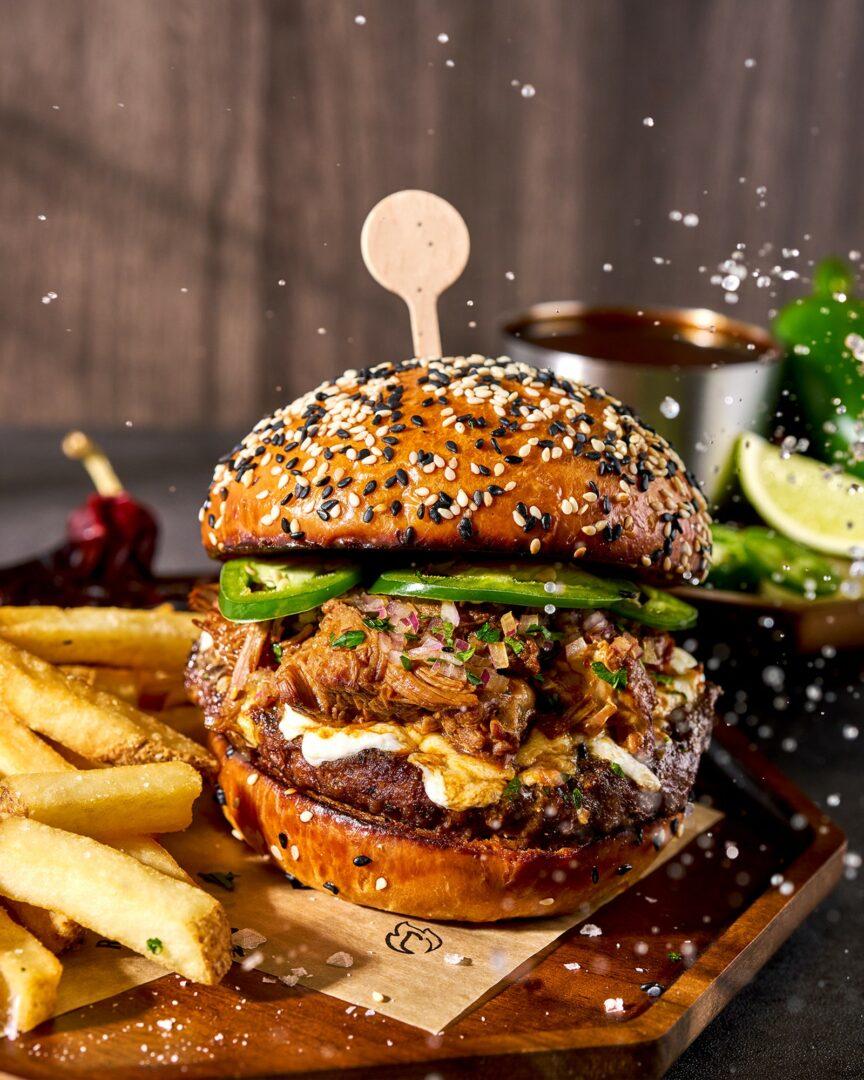
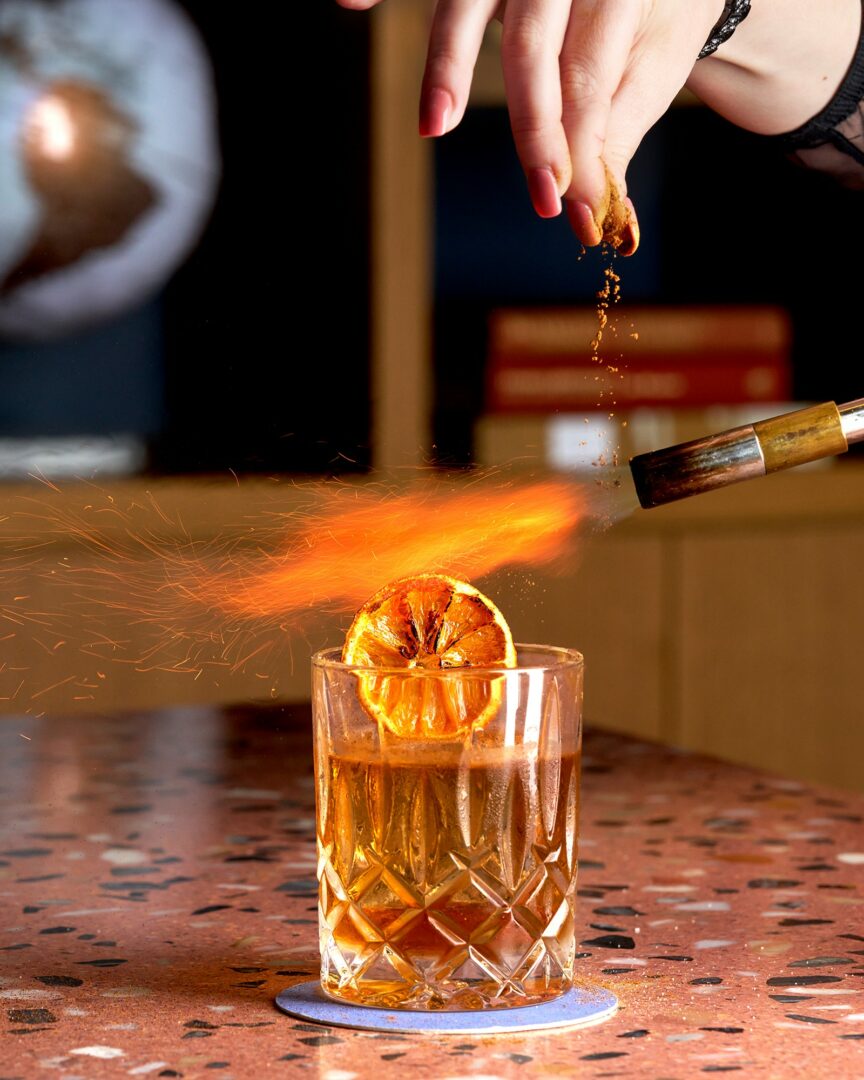
Image Credits
Photos taken by Sean Strong of Strong Photogrphy
so if you or someone you know deserves recognition please let us know here.

